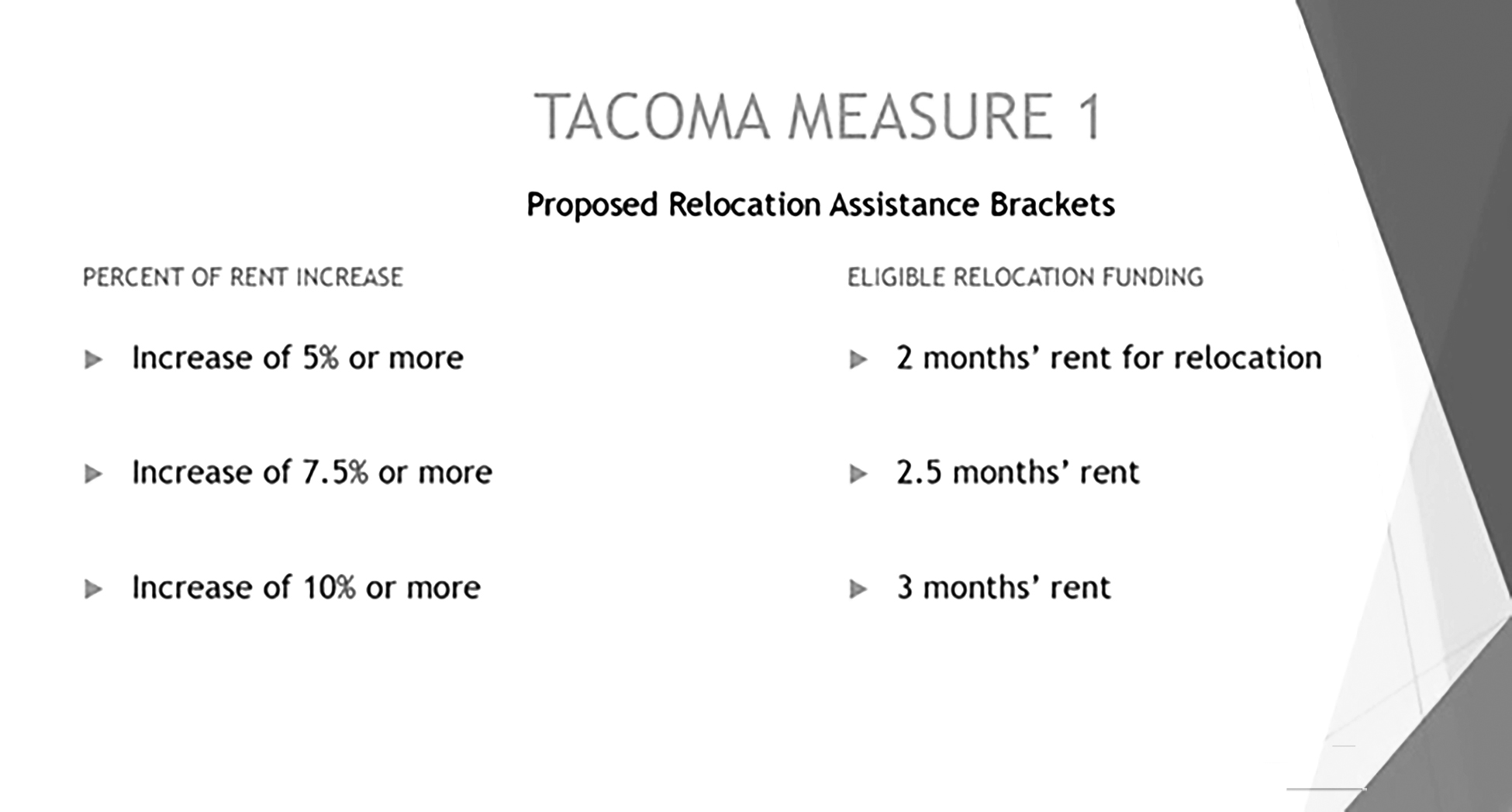The Truth About Relocation Assistance
So, what is relocation assistance? Relocation assistance in basic terms says that if a property provider raises rent a certain amount year-over-year and a resident decides the increase is too much and wants to relocate somewhere else, the resident may be eligible for a certain amount of money paid towards their moving costs. The amount can differ depending on the area, but let’s just look at Seattle for an example. Currently under Seattle’s Economic Displacement Relocation Assistance (EDRA), if a housing provider raises rent by 10% or more the City of Seattle will pay out up to three months’ rent to help that resident relocate. This relocation assistance is available IF the household income for the resident(s) is 80% or less of the area median income or AMI (Seattle.gov). AMI adjusts based on the number of people living in a residence. The onus is on the tenant to apply for assistance with the city to follow all the proper procedures and notify their housing provider in writing of their intent to move. If the resident has not moved by the date agreed or chooses instead to stay after all, then the money must be refunded to the City of Seattle within 10 days.
Similar policies are on ballots in two other Western Washington cities this November. Small-town neighbor to the north, Bellingham, will have Initiative 2023-02 on the ballot. This would require three months’ rent or three months’ Bellingham fair market rent value, whichever is higher if the housing provider raises rent by more than 8%. This initiative would also require 120 days’ notice to a resident if the housing provider will raise rent. This relocation assistance would be paid out to the resident by the housing provider. From what I can tell this will mostly operate on the honor system as the only recourse mentioned is a resident taking their provider to civil court for restitution. Once the resident informs their housing provider that they wish to relocate they have a 5-month relocation period in which to move.
The biggest rental housing regulation forthcoming that should be on everyone’s radar, comes to us from Tacoma. I wrote more extensively about Measure 1 on the Tacoma ballot in last month’s Current, so I won’t go too deep on the full measure here. I just want to touch more extensively on the Relocation Assistance aspect of the so-called “Tenants Bill of Rights”. The potential fallout if this measure comes to pass could be astronomical. See below for the different proposed levels of relocation assistance levels based on the percentage of monthly rent increase.
I was not able to locate data on how many exempt housing providers there would be in Tacoma, but my hunch would be not very many. The measure for Tacoma says that a certain bureaucracy will need to be established by the city to monitor not only the relocation assistance item, but all other aspects of Measure 1. Nowhere is there a specification on how this will be funded or organized.
In any of the 3 city ordinances discussed the flaws and abuse potential can be seen quite clearly. These illustrate the continuing trend of taking the independent operation of rental housing providers out of the equation. In an area where rental housing is already in short supply, do we again want to pass laws that make it much more difficult for small rental housing providers to best serve their residents?
Please visit our website at RHAwa.org for a variety of ways to get involved in our efforts. We have upcoming volunteer opportunities for doorbelling in Tacoma to speak with our neighbors about the detrimental effects of Measure 1. Also, there you can find videos about the Tacoma initiative as well as our podcast with Tacoma District 1 City Council Member John Hines. If you are a registered voter in Tacoma or Bellingham, I urge you to vote no on your respective ballot measures and tell everyone in your sphere of influence why these measures will hurt rental housing. Don’t have time to volunteer, donate to our Political Action Committee or Legal Defense Fund so that we can continue fighting for you, our members.

Exempt: Housing providers and tenants who live on the same site, if that location has four or fewer units, tenants who have lived in a unit for less than six months, and landlords temporarily renting out their primary residence.

